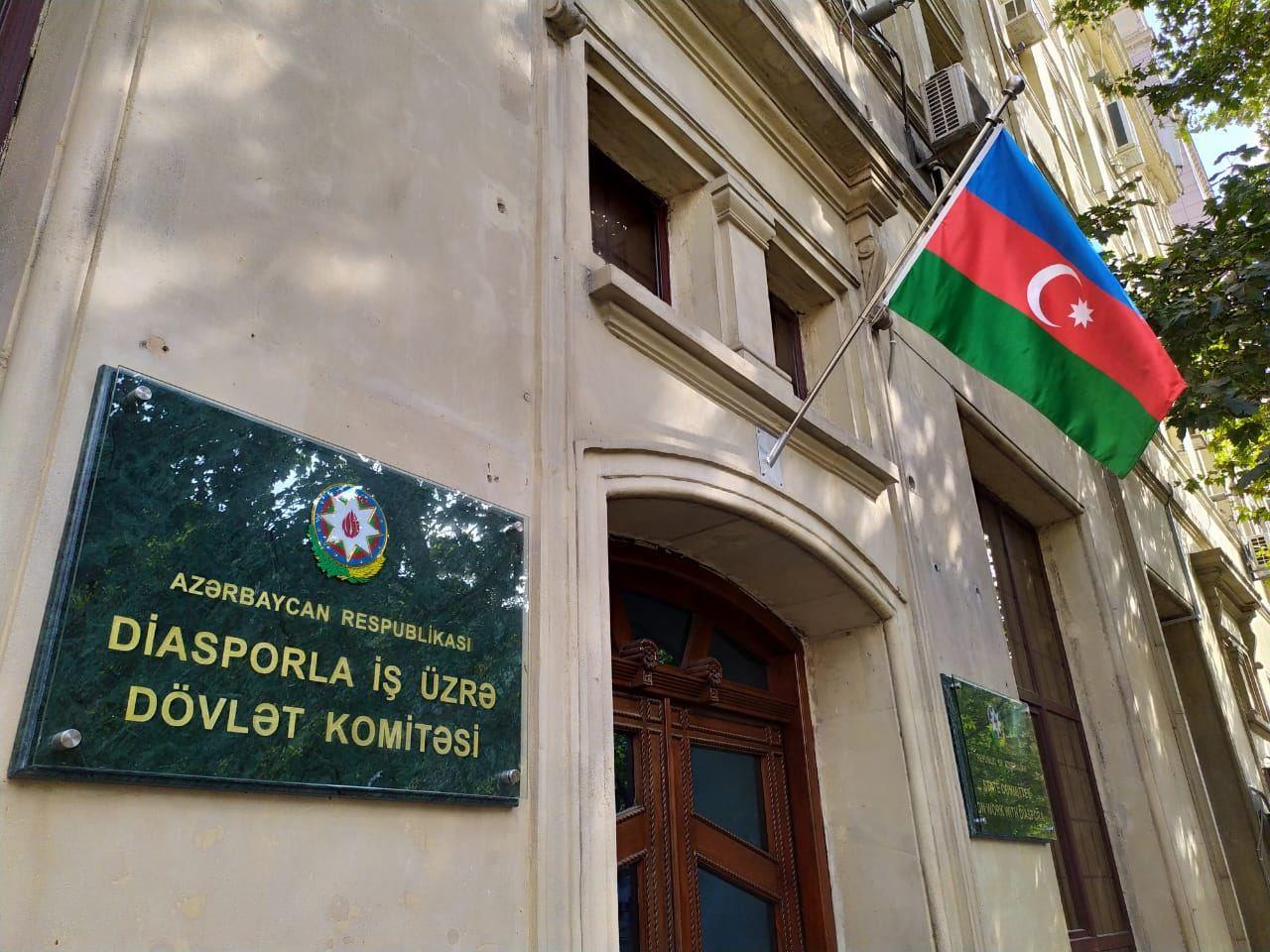(MENAFN- Trend News Agency) BAKU, Azerbaijan, July 30. The
Azerbaijani diaspora organizations have released a statement
concerning the Lachin-Shusha-Khankendi road situation, Trend
reports.
"We are extremely surprised and disappointed by the July 28,
2023 statement made by Council of Europe Secretary General Marija
Pejčinović Burić regarding the issue of supplies for the Armenian
residents in the Karabakh region of Azerbaijan. This statement goes
against the purposes and principles outlined in the Council's
Charter, the European Convention on Human Rights, and the Universal
Declaration of Human Rights," the statement reads.
According to the Azerbaijani diaspora organizations, the claims
that Armenians living in the Karabakh region of Azerbaijan are
allegedly facing a "blockade" and a "humanitarian crisis" are
unfounded and merely a part of Armenia's efforts to mislead the
international public opinion.
As an example, after the Second Karabakh War in 2020, which
lasted for 44 days and ended with Azerbaijan's historic victory,
Azerbaijan, despite facing a 30-year occupation and enduring
hardships for the Azerbaijani people, proposed fundamental
principles and a peace treaty to normalize relations between the
two countries. These principles were based on the mutual
recognition and respect for each other's territorial integrity,
sovereignty, and borders.
Despite the prolonged lack of response from the Armenian side to
these peace initiatives and their use of various pretexts to stall
the process, the Azerbaijani side has remained determined and
continued to make sincere efforts towards achieving a peace treaty,
delimitation of borders, and the opening of communications. The
Azerbaijani authorities have taken consistent steps to engage in
dialogue with the local Armenian residents of the Karabakh region.
Notably, the construction of the new Lachin road was completed
efficiently, and the road was promptly put into operation.
In contrast, the Armenian side proposed an unreasonable approach
of "ensuring the rights and security of Karabakh Armenians through
Baku-Khankendi negotiations within the framework of an
international mechanism," which effectively hindered direct
communication between Azerbaijan and the local Armenian residents
while subtly maintaining territorial claims against Azerbaijan.
Furthermore, in violation of the trilateral agreement reached on
November 10, 2020, Armenia failed to withdraw its armed forces from
Azerbaijani territory and neglected to provide official maps of
minefields to Baku. As a consequence, since November 2020, 303
Azerbaijanis, including two journalists, have tragically fallen
victim to landmine explosions.
Azerbaijan has established the Lachin border crossing checkpoint
within its sovereign territory with the objective of exercising
border control and preventing illegal activities by Armenia.
Despite ensuring the safe passage of Armenian residents, the
International Committee of the Red Cross (ICRC), and the Russian
peacekeeping forces through this checkpoint, the Armenian side has
been spreading false information about a "dire humanitarian
situation" in the region. These statements are used as a pretext to
continue their illegal activities within Azerbaijan's
territory.
Additionally, Armenia has engaged in various provocations,
including firing at Azerbaijani border guards on June 15,
attempting smuggling activities, and sending unauthorized trucks to
Azerbaijan's territory on July 26.
Azerbaijan has made several proposals, including using the
Aghdam-Khankendi road and other alternative routes, to address the
needs of Armenian residents in the region. These proposals received
support from the European Union and the ICRC. However, the Armenian
side rejected these offers by installing concrete barriers on the
alternative roads and obstructing access to the territory. This
once again demonstrates that Armenia's claims regarding the
humanitarian situation in the region are merely a form of political
blackmail and manipulation.
According to Azerbaijani diaspora organizations, Armenia's
objectives include drawing third parties into the region,
escalating tensions geographically, and disrupting the ongoing
peace process. The responsibility for all recent provocations is
attributed to Armenia and its leadership, as they persist in
maintaining an illegal military presence in Azerbaijani
territories, fostering separatism, and obstructing efforts for
reintegration.
The organizations demand that certain countries, which have
turned a blind eye to the suffering of approximately one million
Azerbaijanis forcibly expelled from Armenia and the occupied
territories of Azerbaijan in the late 1980s and early 1990s,
acknowledge the genocide that occurred in the Azerbaijani town of
Khojaly on February 26, 1992. They also urge these countries to
acknowledge the fact that Armenia has kept Azerbaijani territories
under occupation for 30 years and the Nakhchivan Autonomous
Republic under blockade for 32 years. Furthermore, they call
attention to the ongoing presence of Armenian armed forces in
Azerbaijani territory for the past three years and Armenia's
obstruction of efforts to open communications.
The statement further emphasizes the importance of respecting
Azerbaijan's sovereignty and territorial integrity, urging these
countries to refrain from interfering in the internal affairs of
Azerbaijan and to put an end to the policy of double standards.


















Comments
No comment